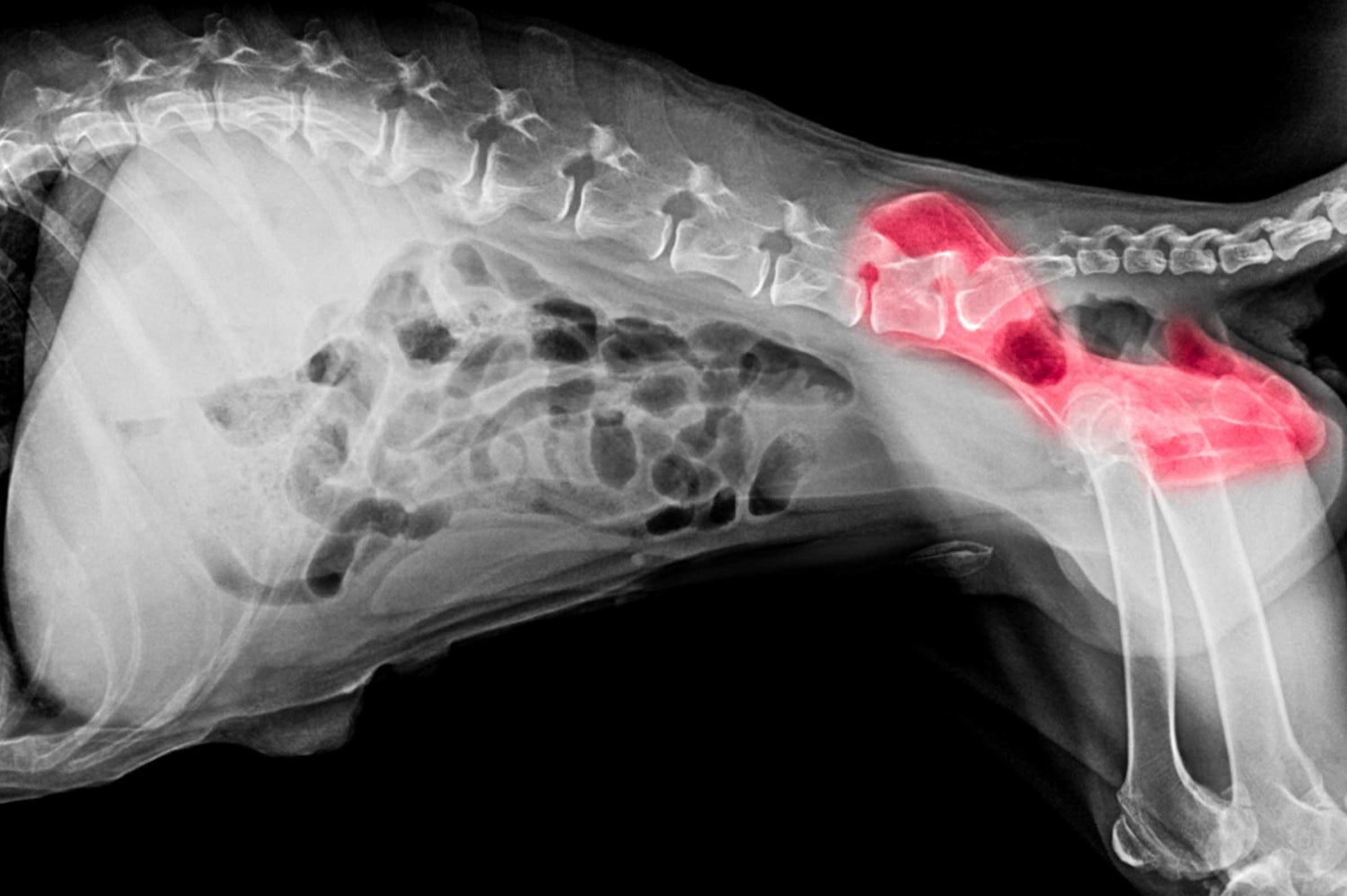Joint pain can make even the happiest dog slow down. When your once-active pup hesitates to jump, play, or climb stairs, it’s hard not to worry. Pet parents want safe, natural solutions that ease discomfort without harsh side effects. Glucosamine, a natural compound found in cartilage, has become one of the most popular ingredients for supporting joint health in dogs.
But how does it actually work—and can it really help your furry companion move more freely? This guide explains how glucosamine supports joint comfort, why it’s a smart choice for long-term care, and what you need to know before adding it to your dog’s routine.
What Is Glucosamine and Where Does It Come From?
Glucosamine is a naturally occurring compound made from glucose and an amino acid called glutamine. It plays a key role in building and repairing cartilage, the connective tissue that cushions joints. In healthy dogs, the body produces enough glucosamine on its own. But as dogs age or experience wear and tear from activity or injury, their natural levels drop.
Most glucosamine supplements are derived from shellfish, though vegetarian options made from fermented grains are also available. It’s commonly found in formulas designed to support joint function, often paired with other ingredients like chondroitin or MSM for a more complete approach to mobility.
How Glucosamine Helps Rebuild Cartilage
Cartilage doesn’t have its own blood supply, which makes it slow to heal. Glucosamine supports cartilage regeneration by helping produce glycosaminoglycans and proteoglycans—molecules that hold water and give cartilage its sponge-like texture. This allows joints to move smoothly and absorb impact.
By boosting the availability of these building blocks, glucosamine may slow the breakdown of cartilage and encourage repair. Over time, this can help reduce stiffness and make movement more comfortable, especially for dogs with arthritis or past joint injuries.
Reducing Inflammation Naturally
Joint pain isn’t just about worn cartilage. Inflammation plays a big role in making your dog feel sore or stiff. While glucosamine isn’t a direct anti-inflammatory like NSAIDs, it may help reduce the body’s inflammatory response over time.
By improving joint structure and limiting further damage, studies show glucosamine can help calm the chronic inflammation that often accompanies arthritis over time. This gentle support may allow some dogs to reduce their reliance on medications, especially when used in combination with other natural anti-inflammatories like omega-3 fatty acids or turmeric.
Safe for Long-Term Use
One of the biggest benefits of glucosamine is its safety profile. Unlike prescription drugs that can cause side effects with long-term use, glucosamine is well-tolerated in most dogs. That makes it a good choice for ongoing joint care, particularly in senior dogs or those with chronic conditions.
Pet parents should look for formulas designed specifically for dogs, with proper dosing based on body weight. It’s also important to be patient. Because glucosamine works by supporting natural repair rather than masking symptoms, it can take several weeks to see noticeable changes in your dog’s movement and comfort.
When to Start a Joint Support Routine
Joint issues don’t only affect senior dogs. Large breeds, active pups, and dogs with previous injuries may benefit from joint support early in life. Starting a glucosamine supplement before major problems appear can help protect cartilage and maintain mobility over the long term.
If your dog is already showing signs of stiffness, limping, or reluctance to exercise, it’s not too late to help. Consistent use of a high-quality glucosamine product can improve your dog’s quality of life and help them enjoy daily activities again.
Support Your Dog’s Joints Naturally
Watching your dog slow down due to joint pain is tough. But you’re not powerless. With the right natural support, including a daily dose of glucosamine, you can help your dog feel more like their old self again.
VetSmart Formulas Critical Joint Relief is veterinarian-formulated and combines glucosamine with MSM, hyaluronic acid, and other joint-nourishing ingredients in a tasty soft chew. It’s made for long-term comfort, with no artificial flavors or fillers. Give your dog the support they need to stay active, mobile, and happy. Try VetSmart Formulas Critical Joint Relief today and help them move with ease again.











